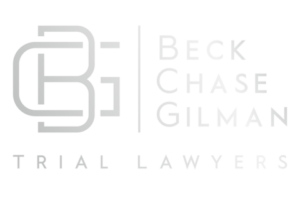Businesses are forbidden from engaging in “unfair” or “deceptive” conduct in trade or commerce if those activities have the capacity to injure people in their business or property. This begs the question of what the law considers “unfair” or “deceptive.” Some unfair or deceptive conduct is defined by statutes, such insurance fair conduct laws, vehicle lemon laws, anti-robocalling laws, and many others. But legislatures and courts have left those definitions open, recognizing that the number of potential scams and misdeeds are innumerable, observing:
It is impossible to frame definitions which embrace all unfair practices. There is no limit to human inventiveness in this field. Even if all known unfair practices were specifically defined and prohibited, it would be at once necessary to begin over again. If Congress were to adopt the method of definition, it would undertake an endless task. It is also practically impossible to define unfair practices so that the definition will fit business of every sort in every part of this country.
There is, of course, substantial caselaw that has developed to further identify acceptable and unacceptable business practices.
Unfair business practices don’t just harm individual consumers; they harm competing businesses too. To be sure, business compete and some rise because they have better products, services, or pricing. That is our system. But complying with regulations and acting ethically should not put a business at a competitive disadvantage to less scrupulous actors. Business owners who have been undercut by unfair or deceptive practices are not without a remedy.
If you are an individual or business that has been harmed by an unfair or deceptive business practice, you may want to consult with an experienced consumer protection attorney about options that may be available to you.


